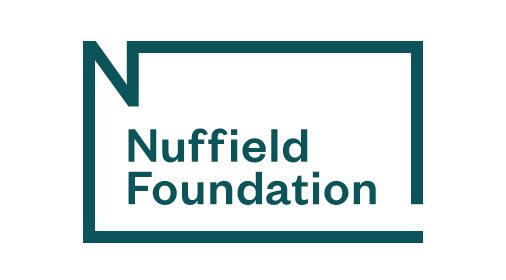
Description
This project explores the difference in political engagement between young people of disadvantaged and more privileged backgrounds. It examines how this social gap in engagement changes over the life course and whether post-16 educational pathways reinforce this gap. These pathways refer to the different tracks in 16-to-19 education (such as A levels and various vocational courses) and enrolment in higher education or not. The project also explores whether these pathways have an enduring influence on young people’s political engagement and keep disadvantaged youth locked in a cycle of apathy and alienation. The focus is on post-16 pathways because the education system branches out at age 16 and because late adolescence has been identified as a crucial period for the formation of a disposition to participate.
It is important to examine the role that education plays in exacerbating or mitigating social gaps in political engagement as major social differences in political participation are generally seen as problematic for democracy. If the poor and less-educated have low voting rates and do not make their voices heard in other ways, democratic governance will be less responsive to their interests. This, in turn, could erode the public legitimacy of democracy among the socially disadvantaged.
This project explores the difference in political engagement between young people of disadvantaged and more privileged backgrounds. It examines how this social gap in engagement changes over the life course and whether post-16 educational pathways reinforce this gap. These pathways refer to the different tracks in 16-to-19 education (such as A levels and various vocational courses) and enrolment in higher education or not. The project also explores whether these pathways have an enduring influence on young people’s political engagement and keep disadvantaged youth locked in a cycle of apathy and alienation. The focus is on post-16 pathways because the education system branches out at age 16 and because late adolescence has been identified as a crucial period for the formation of a disposition to participate.
It is important to examine the role that education plays in exacerbating or mitigating social gaps in political engagement as major social differences in political participation are generally seen as problematic for democracy. If the poor and less-educated have low voting rates and do not make their voices heard in other ways, democratic governance will be less responsive to their interests. This, in turn, could erode the public legitimacy of democracy among the socially disadvantaged.
The project explores the following three research questions:
- How do social disparities in political engagement evolve over the life course?
- How strong is the influence of post-16 educational trajectories on these disparities compared to that of earlier educational experiences and other conditions?
- Do these trajectories have lasting effects on political engagement?
The project will use data of the British-Household-Panel-Study/Understanding-Society (BHPS/US) in combination with data from the National Pupil Database (NPD) to explore these questions. We expect the findings of this project to contribute to the debate among policy makers and practitioners on the desirability of tracking, on the accessibility of more prestigious pathways for disadvantaged groups, and on the curriculum on offer in the various post-16 tracks If the project shows that post-16 educational pathways exacerbate social disparities in political participation, a case can be made for reforming post 16 education in ways that enhance the engagement of disadvantaged groups.
Funders: Nuffield Foundation Grant: EDO/44157
Funding information: April 2020 to September 2021
| Full Name | Role | Uni/dept | |
| Professor Germ Janmaat | g.janmaat@ucl.ac.uk | Project Leader | UCL Institute of Education |









